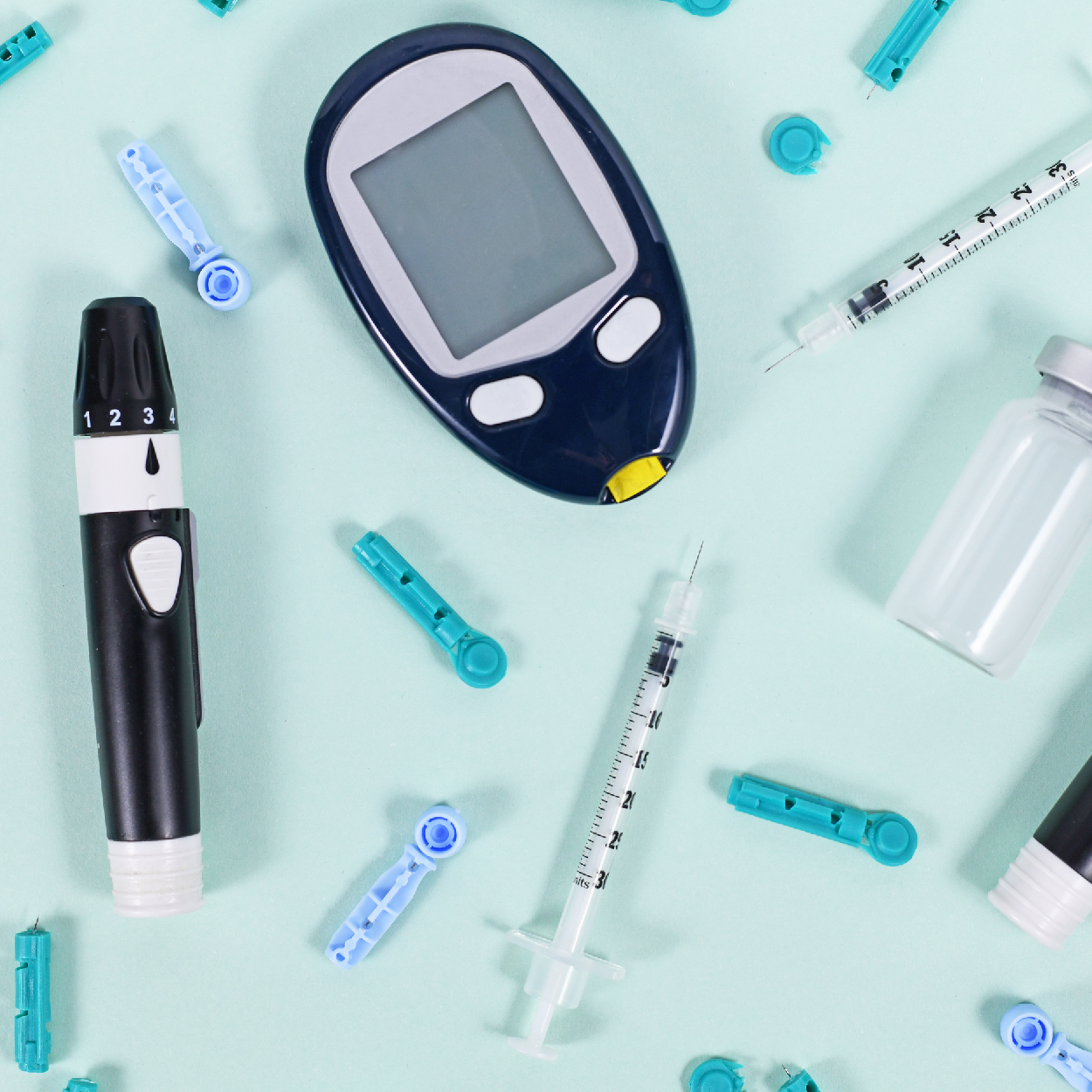As with many diseases, diabetic patients benefit a great deal from weight loss and this includes VLCD programs.
As the name implies, a Very Low Calorie Diets, or VLCD, is a weight loss program that severely limits the amount of calories a person consumes to about 800 each day. These programs are generally for people with a Body Mass Index (BMI) over 30, or who need to lose weight quickly for health reasons, and they should always be done under medical supervision. A good program will also include individual and/or group counseling, and many now offer apps for additional support.
Meal Replacements
A VLCD uses meal replacements such as shakes, smoothies, bars or other nutritionally balanced products that are “low energy dense,” meaning they have fewer calories but leave you feeling fuller. For example, high-fiber foods are low density, so you consume fewer calories even though you’re eating more food. Compare that to potato chips, which are high density so that even a few have many calories but won’t reduce your hunger – and let’s face it, no one eats just a few! After a targeted weight loss goal has been reached, other healthy foods are slowly substituted for the meal replacements.
The use of meal replacements has other benefits. Because they are already prepared and often come in individual packaging, meal preparation is quick and easy. Many people find this easier to adhere to so they are more motivated and enthusiastic about staying on program. In one study, patients said that it was easier than expected and that they found it to be “highly gratifying.”
The Effect of a VLCD on Diabetes
Over the past decade, doctors have studied the results of VLCDs more frequently. Their research has also expanded to consider the impact of using a VLCD on different groups of people, including those with medical conditions such as diabetes, heart disease, orthopedic issues or other health conditions. Common outcomes of these studies show greater weight loss, reduced waist circumference and BMI, improvements to glucose and cholesterol readings, and better quality of life. In many cases, weight loss also was maintained for longer periods.
As with many diseases, diabetic patients benefit a great deal from weight loss and this includes VLCD programs. Several VLCD studies have shown that patients achieve significant weight loss, which can reduce the need for medication or insulin, and may even eliminate the need for treatment. Similarly, some patients can reduce or go off blood pressure medication after weight loss.
It is important to note that one view that is consistent across different studies and medical views is that there is no “one-size-fits-all” approach to weight loss. The program that works for you may leave your friend frustrated with her results, and vice versa. Also, weight loss is part of the bigger picture that involves lifestyle change, including activity and a different mindset. There are many options and it is important that you know what they are and how they work so that you can make an informed decision about what is best for you. As always, check with your doctor about any health issues that you may need to be aware of during weight loss, and if you have any questions about VLCDs.




